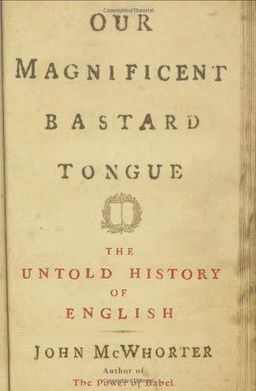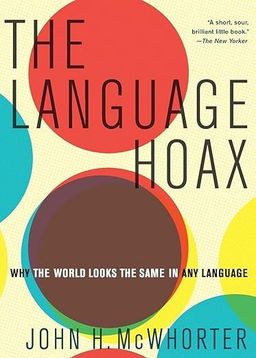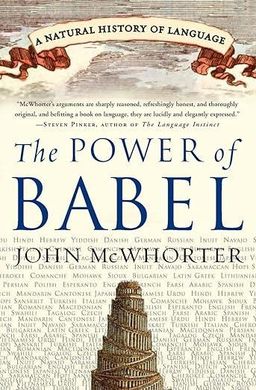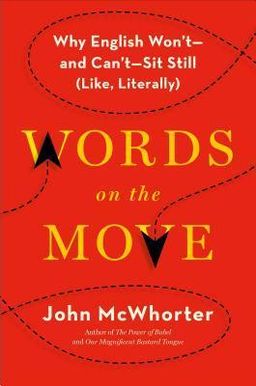Hakkında
Tam adı:
John Hamilton McWhorter V
Unvan:
Amerikalı Dilbilimci
Doğum:
Philadelphia, Pensilvanya, ABD, 6 Ekim 1965
Okurlar
2 okur okudu.
2 okur okuyacak.
Sözler ve Alıntılar
To wit, any claim that people in general are using a word “erroneously” is illogical. Of course if the issue is just one person using a word in an unprecedented way, then we might classify it as a mistake. A language is a contract under which there is general, although unconscious, agreement as to where words are moving. To use a word in a fashion that impedes communication with others is therefore a foul. However, mistakes of that kind will usually come from children or foreigners. If a significant proportion of the people speaking a language are using a word in a way that dictionaries tend not to mention, it means that the word is moving—as we would expect, since words always do.
Also, none is from ne and one, and never is from ne and ever. But those may not feel like the same thing. Since we don’t have ne alone anymore, none and never don’t feel to us as if they start with a ne.
Emotional and social expressions have a way of watering down with use. Good-bye started as “God be with you,” darn started as “eternal damnation,” LOL started as “laughing out loud.” I’m fine began as meaning one was terrific, with that earlier meaning of fine.
One way of calling someone out on some kind of excess is to phrase it in the form of that particular how question: How many times do I have to tell you? (I’ve told you too many times as of now).
Convention and context ensure that this confuses no one, which is why a language allows such things to creep in and settle.
“Ther daweth me no day,” he writes in his poem The Legend of Good Women “that I nam up and walkyng in the mede.” That meant: There dawns me no day that I am not ( ne + am = nam ) up and walking. I am not was nam , is not was nis , were not was nere . If I’m speaking Middle English, if I want to, I will, but if I don’t want to, I nill .
İletiler
Henüz kayıt yok



